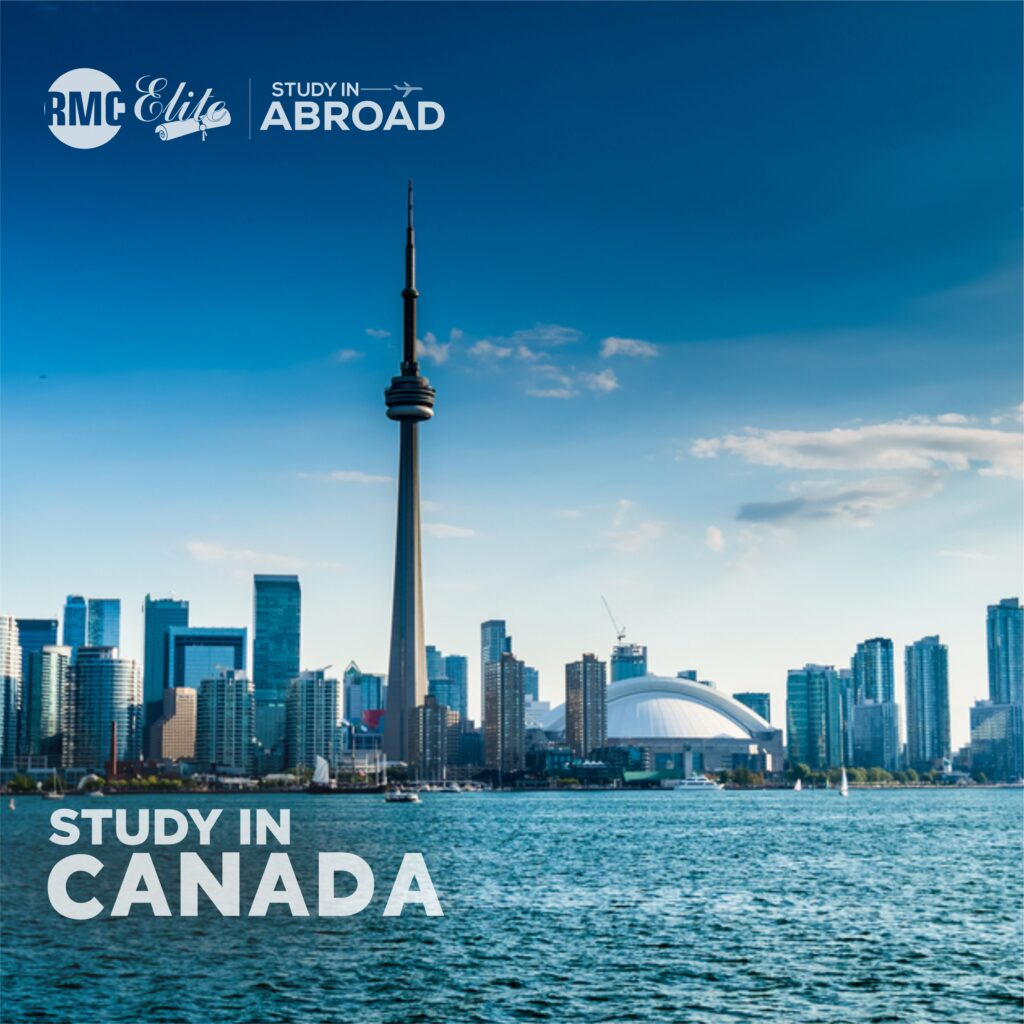Canada is a popular study in Canada for international students, offering world-class education and a high quality of life. However, the cost of living can vary significantly based on the city and lifestyle. Here's a breakdown of living expenses in major Canadian cities, including housing, food, transportation, and other essentials, to help international students budget effectively.
1. Toronto
- Accommodation : In Toronto, housing is one of the biggest expenses for students. Renting a one-bedroom apartment in the city center can cost between CAD 1,800 to CAD 2,500 per month, while options in suburban areas are slightly more affordable at around CAD 1,500 to CAD 1,800.
- Food and Dining : Monthly grocery expenses range between CAD 250 and CAD 350. Eating out at affordable restaurants costs around CAD 15 per meal.
- Transportation : Toronto offers efficient public transit. A student pass costs CAD 128 per month, allowing unlimited travel across the city.
- Other Expenses : Miscellaneous expenses, including entertainment, internet, and mobile, can add up to CAD 150–250 monthly.
- Average Monthly Cost: CAD 2,300–3,300.
2. Vancouver
- Accommodation: Vancouver has high rental costs, especially in popular neighborhoods. A one-bedroom apartment in the city center costs around CAD 2,000 to CAD 2,800, while more affordable suburban options range from CAD 1,700 to CAD 2,000.
- Food and Dining: Monthly grocery bills typically range from CAD 300 to CAD 400, while dining out at a budget-friendly restaurant may cost CAD 15–20 per meal.
- Transportation: Vancouver’s transit system is extensive, and a student pass is available for CAD 174 per month, covering unlimited rides on buses, trains, and ferries.
- Other Expenses: Students can expect to spend around CAD 150–250 on additional costs like mobile services, entertainment, and personal expenses.
- Average Monthly Cost: CAD 2,400–3,500.
3. Montreal
- Accommodation: Montreal is relatively affordable for students. A one-bedroom apartment in the city center costs around CAD 1,200–1,500, while suburban rentals can be as low as CAD 900–1,200.
- Food and Dining: Grocery expenses range from CAD 250 to CAD 350 per month. A meal at a casual restaurant typically costs around CAD 12–15.
- Transportation: A monthly public transit pass costs around CAD 56 for students, offering excellent value for city travel.
- Other Expenses: Students may need CAD 100–200 for entertainment, phone plans, and other essentials.
- Average Monthly Cost: CAD 1,600–2,200.
4. Ottawa
- Accommodation: Rent for a one-bedroom apartment in the city center is approximately CAD 1,300 to CAD 1,600, while suburban rents are around CAD 1,100 to CAD 1,300.
- Food and Dining: Monthly grocery costs generally fall between CAD 250 and CAD 350, and dining out costs around CAD 12–15 per meal.
- Transportation: Students can purchase a discounted transit pass for CAD 56 monthly.
- Other Expenses: Expect to spend CAD 100–200 for internet, phone, and leisure.
- Average Monthly Cost: CAD 1,800–2,400.
5. Calgary
- Accommodation: Rent for a one-bedroom apartment in Calgary’s city center is around CAD 1,400 to CAD 1,700, while suburban rentals range from CAD 1,200 to CAD 1,400.
- Food and Dining: Groceries typically cost CAD 250–350 per month, and eating out costs about CAD 10–15 for a meal.
- Transportation: Calgary offers a student pass at CAD 109 per month.
- Other Expenses: Additional expenses can range from CAD 100–200 per month.
- Average Monthly Cost: CAD 1,800–2,500.
Tips for Reducing Living Costs
- Shared Housing : Living with roommates can help reduce accommodation costs.
- Meal Prep : Cooking at home is more economical than frequent dining out.
- Student Discounts : Many places offer discounts on public transit, entertainment, and even retail.
Living expenses in Canadian cities can vary, but budgeting carefully and taking advantage of student discounts can help international students manage costs effectively.

